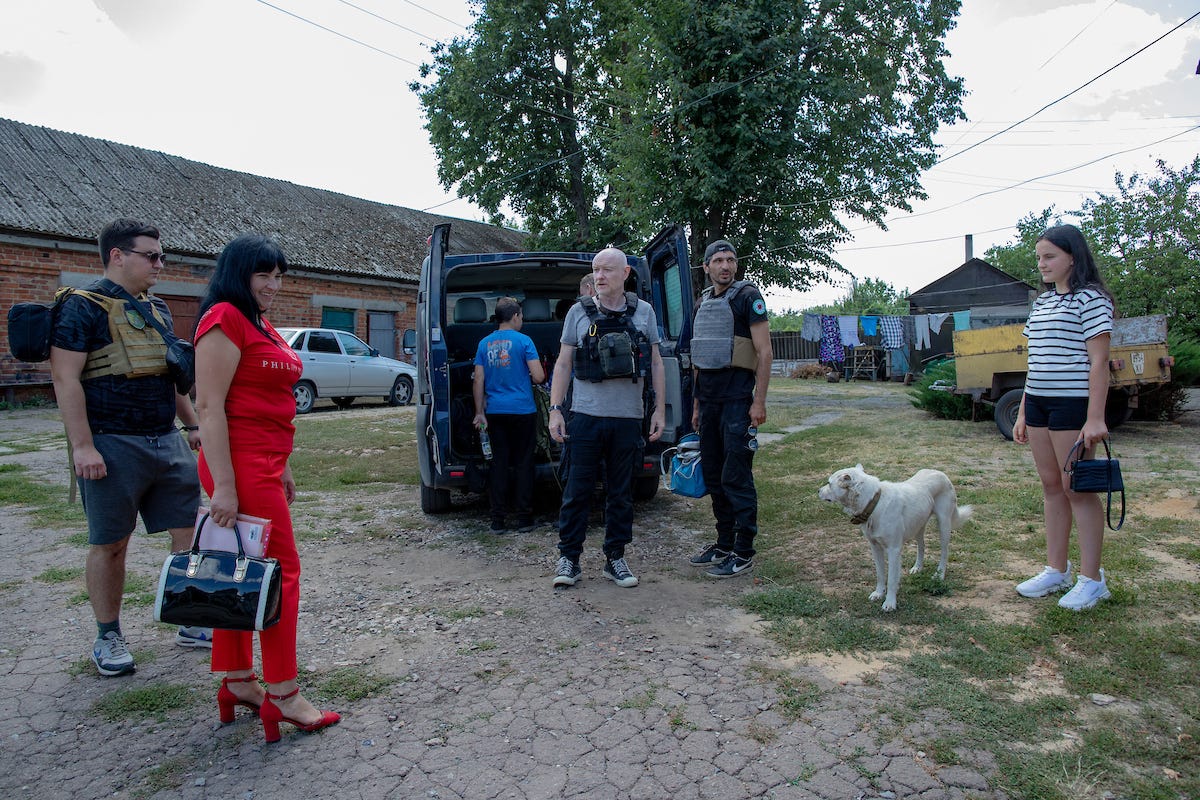When Music Stops: A Violinist's Journey to the Frontline
Amid war's chaos, Natalia traded her violin for an ambulance, finding purpose in saving lives, while Olga found strength in preserving their shared humanity.
When I arrived in Kharkiv at the beginning of August, the tension was almost tangible. It clung to the city like the dust that settled in the cracks of its war-torn buildings, and in the faces of the people who had lived through too much. Despite this, there was a quiet strength that ran through the city—a determination that refused to be snuffed out. It was in this landscape of resilience and despair that I met Brian Dooley, a senior advisor to Human Rights First, a U.S.-based human rights organisation. His presence in Kharkiv was a reminder of the global effort to uphold human dignity amidst the devastation of war.

Brian was a man who had seen the worst of humanity but still spoke with an unwavering belief in its capacity for good. As we walked through the city, he shared stories of the people who had chosen to stay in the frontline zones, those who had refused to abandon the homes and lives they had built, despite the danger.
“It’s not just about surviving,” Brian said, his voice tinged with a sadness that comes from understanding, “it’s about losing everything that makes you who you are. The places, the routines, the people—they all form your identity, and when that’s ripped away, what’s left?”
One story that Brian shared with me stuck in my mind—a story of a violinist who had traded the elegant movements of a bow for the harsh, hurried actions of an ambulance driver. The shift in her life was so stark, so jarring, that I felt a deep need to meet this person. Brian, understanding the urgency in my request, connected me with Natalia, the former violinist. We arranged a photoshoot first, capturing her in moments that spoke of the life she once had and the one she lives now. After that, we planned a longer conversation, one where she could tell me her story in her own words.




